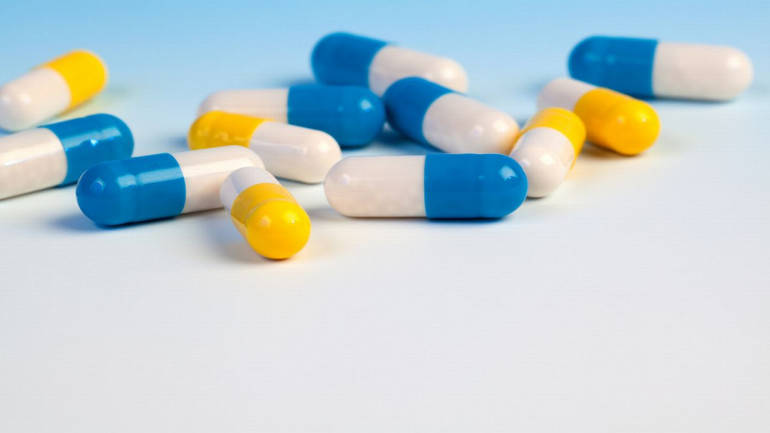Digital therapeutics can cut the cost that goes into making new drugs, treatments.
What if you walk into a doctor’s clinic for a diabetes check up, and walk out with a prescription that not only includes purchasing tablets and injections but also downloading an app?
This trend is already showing up in a small way with some doctors in India, recommending the Wellthy diabetes app. Unlike other wellness apps, you cannot just download and use Wellthy. You will need an activation code, which you can only get from the company’s partners, which includes pharmaceuticals, doctors and even insurers.
When a physician recommends Wellthy to a patient, the app monitors the patient’s regular data and uses machine learning (ML) algorithms to recommend best practices. As an example, the app can not only tell diabetes patients what they should eat, and how to go about their daily schedules, etc., but also flag possible aberrations in their data. It can recommend a visit to the doctor when you may otherwise have not thought of the same.
“We take proven clinical interventions, which have published outcomes, and reimagine that therapy," says Abhishek Shah, CEO and co-founder of Wellthy Therapeutics. This helps the company maximise the impact it has on a patient’s health. “This is actually digital medicine," adds Shah.
Dr Archana Juneja, a consultant endocrinologist at Kokilaben Dhirubhai Ambani Hospital--one such doctor who has recommended this app to her patients--believes that “clinically-validated digital therapeutics, especially with everyone owning a smartphone and having internet, are a must have in a country like India". She reasons that, “When you ask a doctor, which of your patients do well, and which don’t, the answer almost never boils down to clinical parameters. It is the behavioural ones like ‘those with will power’ or ‘those with discipline’ that stand out. That’s because, chronic diseases like diabetes have so much more than the pill that’s needed, to improve and maintain one’s health."
Once the patient understands the benefits, according to Dr Juneja, reactions have been mostly positive. “Different patients are benefitting in different ways. For example, this one patient said “I was finally able to stick to a diet," because he benefitted from the meal-logging part of the solution (of the Wellthy app). In another case, there was a patient who said “I’m not scared to go to the doctor anymore" because the coaching helped him reduce his blood sugar levels."
Wellthy Therapeutics has been active since 2015 but commercially active only for the last nine months. It has done most of its work in diabetes, but has now expanded to cardiovascular and other chronic ailments as well, according to Shah.
Companies like Wellthy fall under a nascent but growing industry, called digital therapeutics, which many expect will be a $1 billion industry in the future. “The value of digital therapeutics is that they are collecting the data …so there’s tremendous value proposition," said Ruchita Sinha, senior director of investments at Sanofi Ventures told Medcity News this March. Sinha was speaking about the value digital therapeutics could bring to pharmaceuticals.
According to reports, pharmaceuticals have been major supporters of this industry so far. One reason is that digital therapeutics could reduce the cost that goes into making new drugs and treatments. Shah reiterated the same, adding that it adds value for insurers too, allowing them to deliver products based on the customer’s health.
Other than Wellthy Therapeutics in India, ReminX is a digital therapeutics solution developed by a company called Dthera Sciences to treat Alzheimer’s and social isolation. Globally, Japanese Otsuka Pharmaceuticals invested $300 million in Click Therapeutics this January, to develop “new digital therapeutic to treat major depressive disorder (MDD)".
According to a research by ResearchandMarkets, the investments in digital health are expected to increase to $536 billion by 2025. Digital therapeutics is a big part of this industry. North America and other western markets lead the growth right now. Indian companies in this sector can benefit from the trend, and so should patients.















